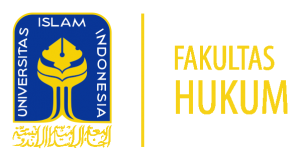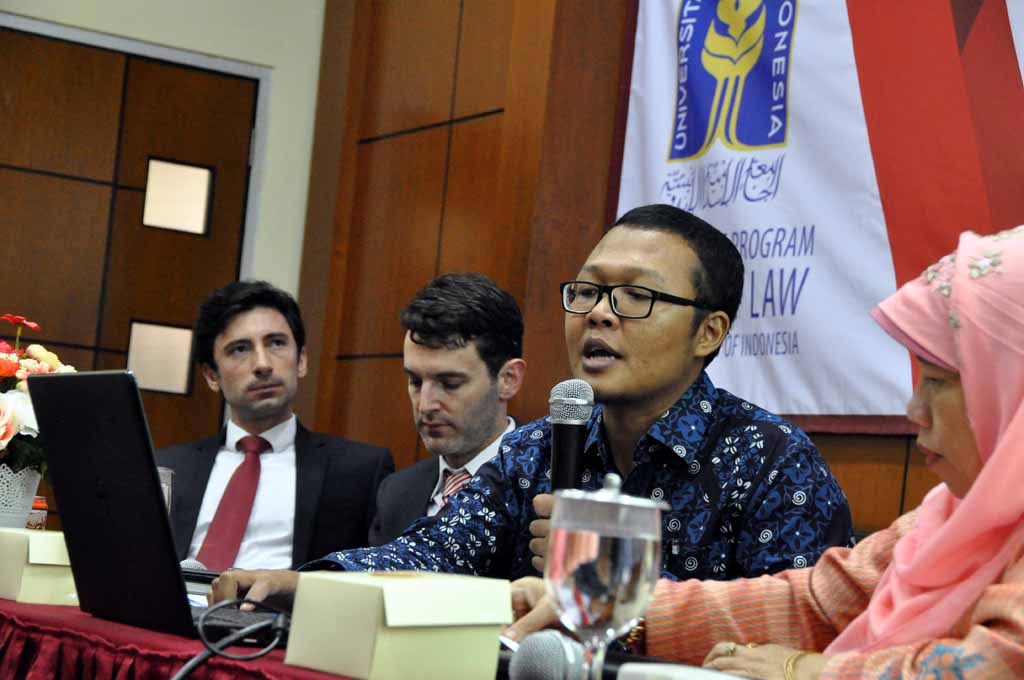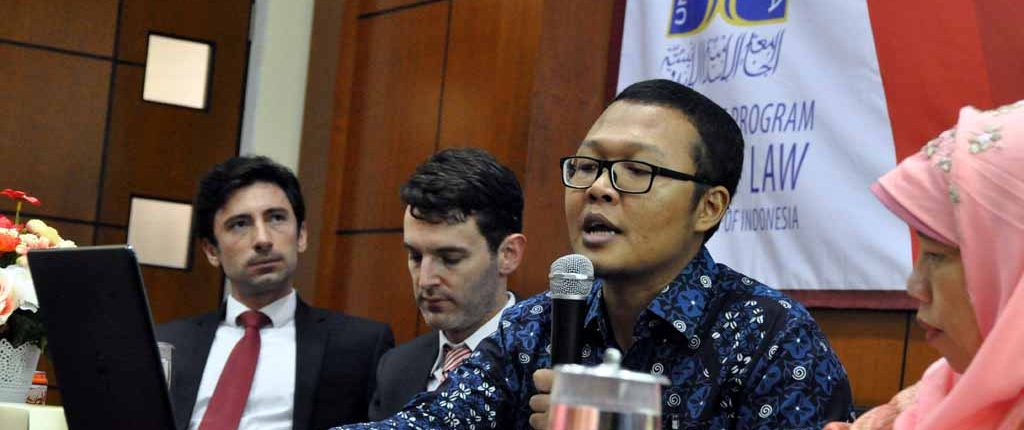American scholars present their knowledge and experience with regional autonomy of South China and Hong Kong, along with a premier Indonesian Scholar discussing Indonesia’s approach to decentralization and semi-autonomous regions.
On Thursday, 25 January 2018, The Faculty of Law, Postgraduate Studies, hosted Dr. Jason Buhi and John H. Aycock, both professors of law at Peking University, School of Transnational Law, in Shenzhen, China. Dr. Buhi’s presentation focused on Hong Kong since the 1997 handover from England to China. He highlighted the recent election of the Chief Executive and whether mainland China has lived up to its agreement to move toward universal suffrage. He further focused on the student-led “umbrella revolution.” In doing so, Dr. Buhi painted a less than optimistic picture of the future of Hong Kong’s autonomy in light of Beijing’s crackdown on protests and ultimate power over Hong Kong’s legal system.
Mr. Aycock presented the present and future of the Pearl River Delta, the rapidly growing megalopolis, stretching contiguously from Hong Kong to Guangzhou. He demonstrated China’s Commitment to liberalizing its legal institutions through a limited embrace of common law and alternative dispute resolution, including the Shenzhen Court of International Arbitration. Mr. Aycock focused specifically on Indonesia and its potential for economic ties to China through China’s “Belt-and-Road” initiative. With this globalization of China’s interest and influence, Mr. Aycock described the academic programs at Peking University, School of Transnational Law, in Shenzhen, China. The programs include a Common Law, U.S.-modeled Juris Doctor (J.D.) and a Chinese-focused Juris Master (J.M.), as well as LL.M. degrees in various concentrations.
As the nature of the event was comparative, our own Professor Ni’matul Huda presented the Indonesian perspective. Professor Ni’matul focused her presentation on the developing policies and politics of Indonesians movement toward less centralization and greater autonomy in various regions around the archipelago. Her presentation demonstrated the laudable progress made through presidential regulations as well as identifying the pitfalls in changing the landscape of Indonesian politics. Professor Ni’matul offered her unique insight into difficulties that have already surfaced as part of the decentralization process.
Overall, the event successfully proved the interest in a comparative approach to constitutional law and acted as model for continued cooperation between UII and Universities from abroad. Of course, such a successful event wouldn’t have been possible without the moderation and accurate translation of Dr. Dodik Setiawan N.H. The contributions of out Rektor, Dr. Nandang Sutrisno, the Dean of the School of Law, Dr. Aunur Rahim Faqih, and the Director of the Postgraduate Law Program Drs. Agus Triyanta, S.H., M.A., Ph.D. were also instrumental in the success and value of the even.









